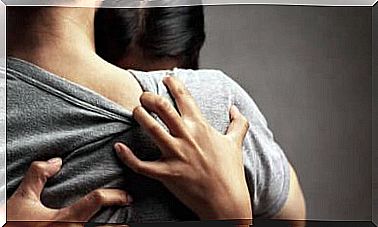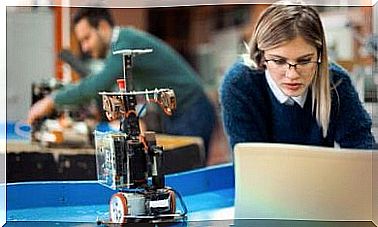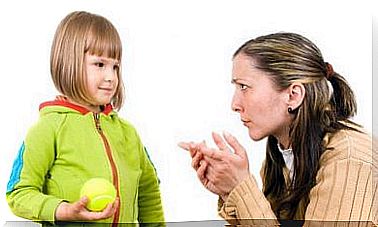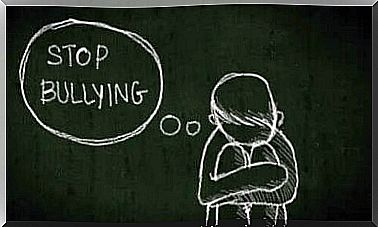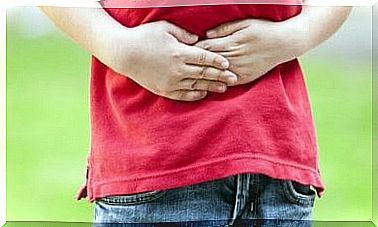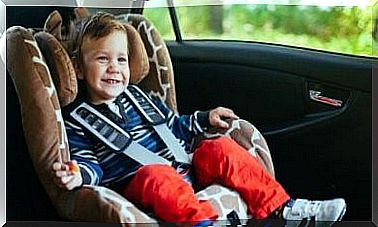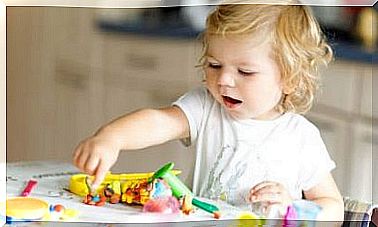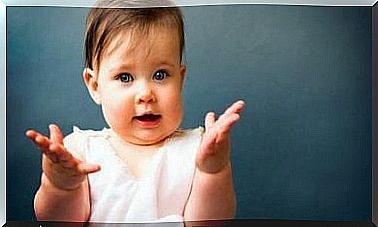Fill Your Children’s Lives With Good Habits

It is also possible that habits are performed without thinking about them because the brain already remembers them. These actions are usually called habits whether they are bad or good. They can also be associated with instincts and heredity.
Good and bad habits
Calling a habit good or bad varies depending on the context. In some cultures, an act can be considered a habit. For others, however, it may be perceived as bad or unpleasant. In the same way, good habits are not necessarily accepted as “good” in all societies.
Although some habits are harder to deal with or accept, they can be harder for the person to get rid of. But that does not make them less human. When we talk about habits, we usually refer to hygiene, feeding or daily routines. Habits can also to a large extent be unhealthy such as. smoking.
According to the general perception, good habits are those that lead a person to feel an overall feeling of satisfaction and higher quality of life.
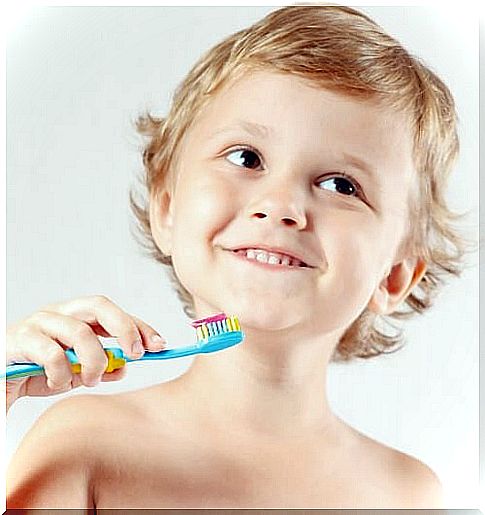
Good habits also improve relationships between people who share the same activities. For example, exercising, behaving well, maintaining good hygiene and eating healthy food to name a few.
On the contrary, bad habits lead to negative consequences for the person who implements them. Some of these habits are difficult to get rid of if they are not handled in good time. Because of this, these habits are also called deficiencies.
Habits that children develop can be either good or bad. If the bad ones are not dealt with in time, it will be very difficult to get rid of them in the future.
Parents should always closely monitor their children’s behavior to distinguish between their actions. It is also necessary to think of an action plan to correct behaviors that you consider to be “bad”.
Teach your children to adopt good habits and to avoid bad ones
From the first months of life, children begin to form their own habits. These habits develop throughout life and many of them remain forever. Some childhood habits are common, which means that they are present in most children. This is because children can not yet distinguish between good and bad habits.
In most cases, children’s habits are not reprehensible. In some cases, however, it is necessary to intervene so that bad habits are not strengthened.
Below we take up some examples of bad habits among children.
Suck on your fingers
Whether it is fingers or toes, it is a primary reflex that comes from their time in the womb. This habit can be maintained for two reasons:
- Link between habit and satisfaction produced
- A mechanism for relaxing
You can often see babies who are a few months old sucking on their fingers, mostly the thumb. They do it when they are tired or hungry or to relax before going to sleep. Although this usually goes away with time, in other cases it becomes a frequent act until adulthood.
It can cause physical injuries such as deformity of the jaw and teeth, for which many people need to consult an orthodontist. Parents should try to control and manage this habit to prevent future consequences.
You can use methods such as to try to distract the child or try to calm him down with the help of toys. It is also important to find the basis for why your baby sucks on his fingers.
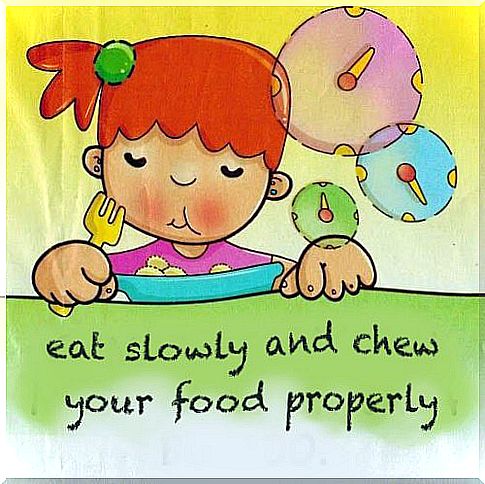
Bite your nails
This habit is also called onychophagy and should be treated in the same way as we treat the habit of sucking on fingers. Nail biting usually expresses a state of nervousness or anxiety. In these situations, it is preferable to distract the child rather than scold it.
If children have anxiety, they bite on their nails to calm down. Saying or showing that you are upset can make things worse. In other words, the child will bite on his nails more intensely and the habit will be strengthened.
It is very important to find out the cause of the anxiety or nervousness to control the problem. In some cases, the baby may bite on the nails until they begin to bleed. Try treating its fingers with a bitter substance or something it does not like to make it give up this habit. It will be very difficult but not impossible.
Poke in the nose
This habit is seen in both adults and children. The difference is that children can do this in public without feeling ashamed. In addition to being hygienic, this can also cause nosebleeds. Some researchers have confirmed that this habit normally occurs during moments of boredom or when children are anxious.
One of the main reasons behind this is that children do not yet know how to cheat, which they learn later in life. It is recommended to give children (depending on age) a small handkerchief and show them how to use it.
It is also important to teach children to do this privately. There is no need to worry because this habit usually disappears over time and with the help of the advice we have shared.
